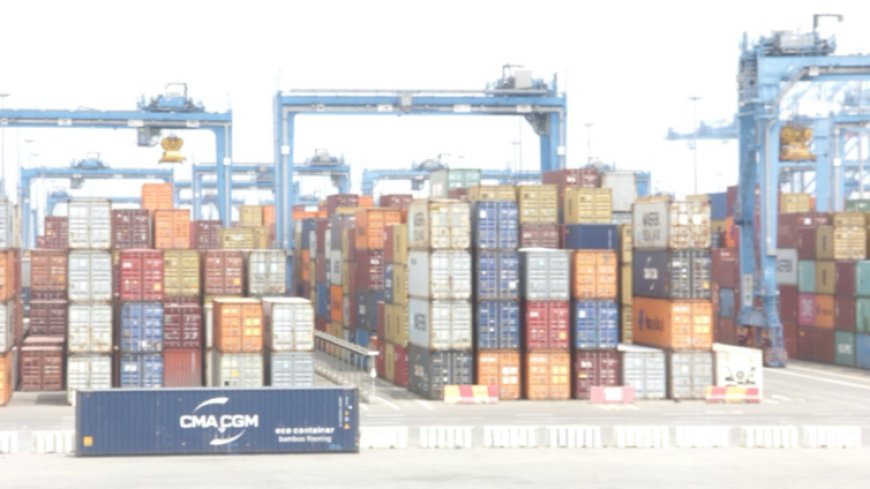Prices of some imported goods could be reduced in coming weeks – GIFF assures
The Ghana Institute of Freight Forwarders (GIFF) has given hope to consumers by indicating that prices of some imported goods could decline soon. The expected reduction is attributed to improved efficiency at the ports, stabilization of the cedi, and new government interventions aimed at easing import duties and clearing delays

Accra, Ghana – July 23, 2025
The Ghana Institute of Freight Forwarders (GIFF) has revealed that consumers may soon enjoy lower prices on certain imported goods, as several positive indicators within the country’s port and trade systems begin to take effect.
According to GIFF executives, the combination of a more stable Ghanaian cedi, streamlined port clearance processes, and recent government measures to reduce import costs have begun yielding results, and importers are gradually passing the benefits onto the market.
“We are seeing more consistency in exchange rates, better handling times at the ports, and fewer bottlenecks in clearance. These changes are translating into savings for importers, and eventually for consumers,” said Mr. Edward Akrong, President of GIFF, during a media engagement in Tema.
???? Factors Behind the Anticipated Price Drop
-
Cedi Stabilization:
After a volatile period in 2024, the cedi has shown signs of stabilization against major foreign currencies, especially the US dollar. This directly impacts the cost of importing goods, especially consumables, electronics, and vehicle parts. -
Port Reforms:
Reforms initiated by the Ghana Ports and Harbours Authority (GPHA), including automation of processes and improved coordination between Customs and freight operators, have cut delays and demurrage fees. -
Policy Interventions:
The government recently announced reductions in certain import levies and increased transparency in port charges—part of a broader economic reform backed by the IMF to ease inflationary pressure.
“When the cedi is strong and processes are efficient, it’s only fair that the public feels the benefit. We are hopeful prices on items like rice, cooking oil, and even spare parts will respond in the coming weeks,” Akrong added.
???? Consumer Watch and Market Reactions
Market analysts say the GIFF’s optimism could reflect positively on food inflation and general consumer confidence. However, they caution that the actual drop in prices will depend on how quickly importers adjust their pricing and whether other costs like fuel and local transportation remain stable.
Some importers, especially in Accra’s Makola and Kumasi’s Central Market, have welcomed the developments but urged for monitoring to prevent arbitrary port charges from creeping back into the system.
“If port reforms stay consistent and the exchange rate doesn’t surprise us, you’ll see prices of goods like tomato paste and diapers drop soon,” said Hajia Rahmat, an Accra-based importer.
⚠️ Cautious Optimism
While the GIFF’s assurance is promising, economic experts are advising the public to approach it with cautious optimism.
Dr. Andrews Tetteh, a trade economist at the University of Ghana, explained:
“Price reductions will not be uniform. Some goods may reduce, others may take longer depending on the supply chain and global market conditions. But it’s a good signal.”
???? Conclusion
The Ghana Institute of Freight Forwarders' assurance signals hope for consumers grappling with high prices. If current port reforms, currency stability, and favorable government policy are maintained, Ghanaians could soon begin to enjoy relief in the cost of essential imported goods.
All eyes now turn to the importers, market regulators, and the government to ensure the gains are realized and sustained in the weeks ahead
What's Your Reaction?

















































































